Twenty-seven senior leaders from 27 locations completed the Transnational Security Cooperation course (TSC) 19-2 from Nov. 3-8 at the Daniel K. Inouye Asia-Pacific Center for Security Studies (DKI APCSS).
The course manager was Dr. Virginia Bacay Watson, and the course coordinator was Assoc. Prof. J. “Lumpy” Lumbaca.
Countries represented were Australia, Brunei, Cambodia, Canada, Fiji, France, Indonesia, Japan, Laos, Malaysia, Maldives, Marshall Islands, Micronesia, Mongolia, Myanmar, Nepal, Philippines, Singapore, Sri Lanka, Thailand, Vietnam and the United States. The Pacific Islands Forum and the Association of Southeast Asian Nations (ASEAN) were the represented organizations.
“The APCSS brings in many countries to the same table from and many level(s), from decision-makers to technical experts,” said Myat Thida Aye, Deputy Chief of Mission, Myanmar. “We have government officials and we have researchers and people from the NGOs. It’s like eating a bowl of salad with lots of spices in it, so the experience that we are gaining here… it’s not the end, but it’s a beginning of good networking that will create a better method in our region for contacting each other.”
The course is offered twice a year to senior security practitioners from the whole-of-government and society at the vice-minister, ambassador, and senior military officer (one- to four-star rank) level. It aims to enhance awareness of transnational security issues within the complex environments they occur; explore collaborative policies to address transnational security challenges; identify opportunities to strengthen states’ capacities; and promote effective security governance.
The theme for the first day of the course was “Security Policy, Politics and Architecture.” On day two, the theme shifted to “Security Challenges Arising from Economics, Environment and Natural Disasters,” and included a Maritime Security Panel with Dr. Virginia Watson, Dr. Al Oehlers, Dr. Sungmin Cho and Dr. Saira Yamin as panel members. On the third day, the theme evolved into “Security Challenges in the Indo-Pacific” and included a Transnational Security Exercise led by Dr. Deon Canyon.
A visit to USINDOPACOM for briefings by MG Suzanne P. Vares-Lum. Acting INDOPACOM Chief of Staff, U.S. Economic Development Briefing
Mr. Bruce McFarland, Sr. Development Advisor and a U.S. Foreign Policy Briefing by Mr. James Carouso, Foreign Policy Advisor, highlighted the fourth day of the course.
On the final day of the course, the theme was “Security Governance and Next Steps.” Presentations on “Women, Peace and Security” by Dr. Saira Yamin and “Deep Fake News” by Adjunct Prof. Mary Markovinovic were featured as part of the theme.
As in all DKI APCSS courses, each Fellow walked away from their experience with a different perspective of the course.
“It’s been an interesting experience for me to really listen to what people from South Asia, people from Southeast Asia and also from within the Oceania share their experiences, share their knowledge, and for me to assess my own points of view or reassess them try to understand perspectives that other colleagues attending this course have,” explained Meg Taylor, Secretary General of the Pacific Islands Forum.
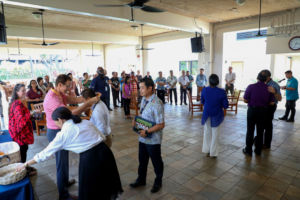
TSC 19-2 Fellows receive their “golden lanyard” from Alumni Chief John Gasner during the commencement ceremony.
TSC 19-2 examined the nexus between traditional and non-traditional elements of security to highlight the importance of a broader understanding of security. The blended approach of plenary lectures, elective presentations and an interactive gaming simulation kept these senior leaders actively from around the Indo-Pacific region engaged in a shared learning experience throughout the week.
“The non-attribution policy helps the participants to be frank, open and free to express themselves, express their views on particular matters,” explained Munkhjin Batsumber, foreign policy advisor, Mongolia. “I think this is a very important policy that you have at the DKI APCSS. The critical thinking environment, the climate you have here that sparks critical thinking among participants so that here, participants are not told what’s right or wrong, or good or bad. It equips participants with necessary knowledge to understand the complexity of the security environment, particularly in the Asia-Pacific region.”
TSC is one of five formal courses at DKI APCSS. The Center is a Department of Defense institution that addresses regional and global security issues. Military and civilian representatives, mostly from the Indo-Pacific nations, participate in a comprehensive program of executive education, professional exchanges and outreach events, both in Hawaii and throughout the Indo-Pacific region.
The Center supports U.S. Indo-Pacific Command by developing and sustaining relationships among security practitioners and national security establishments throughout the region. DKI APCSS’ mission is to build capacities and communities of interest by educating, connecting and empowering security practitioners to advance Indo-Pacific security. It is one of the Department of Defense’s five regional security studies centers.
Since opening in 1995, 13,219 alumni representing 138 countries and locations have attended DKI APCSS courses.
-END-


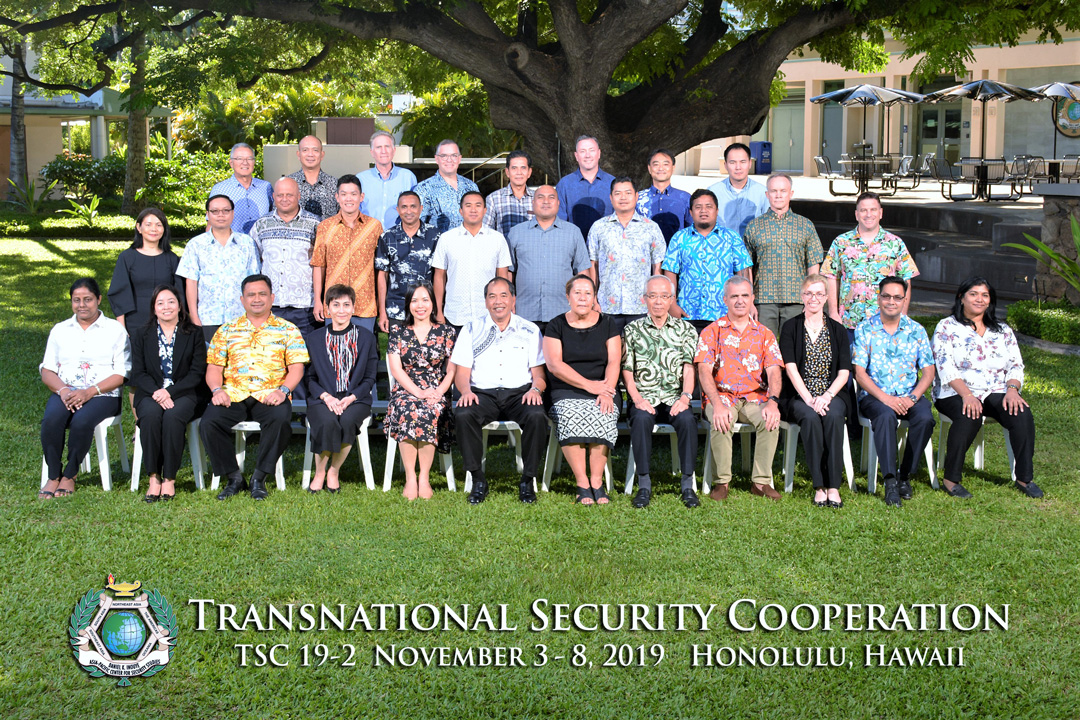
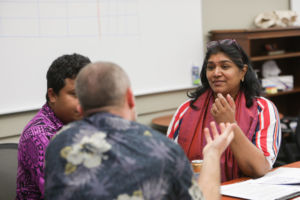
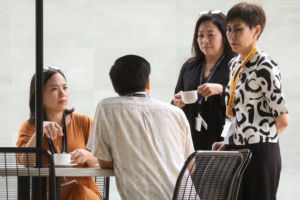
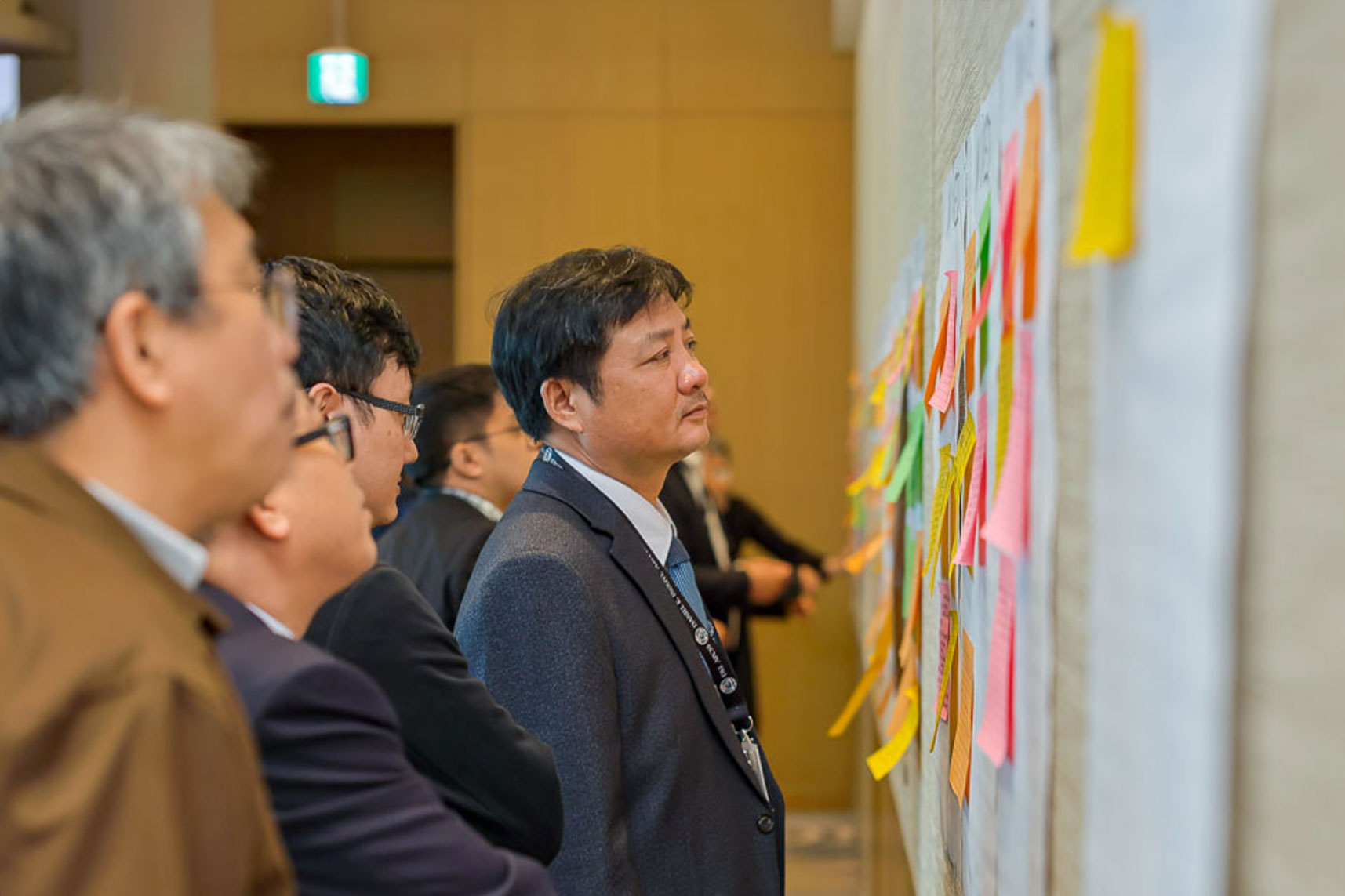
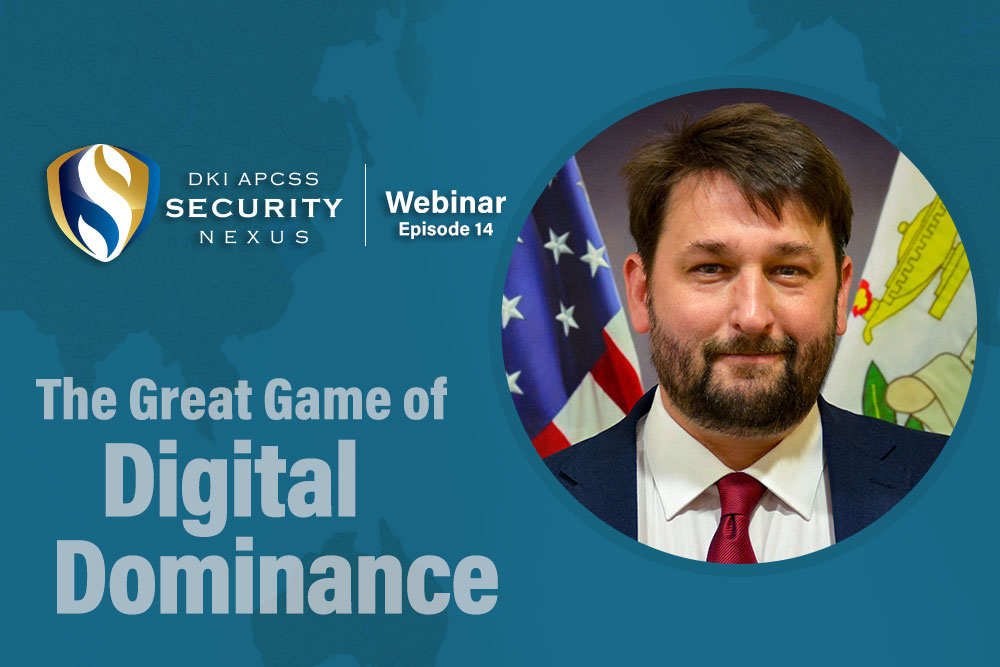
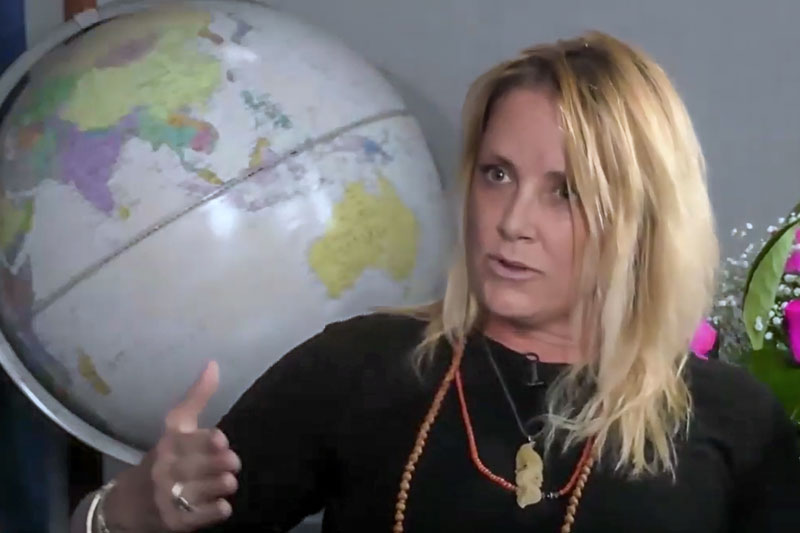




Leave A Comment